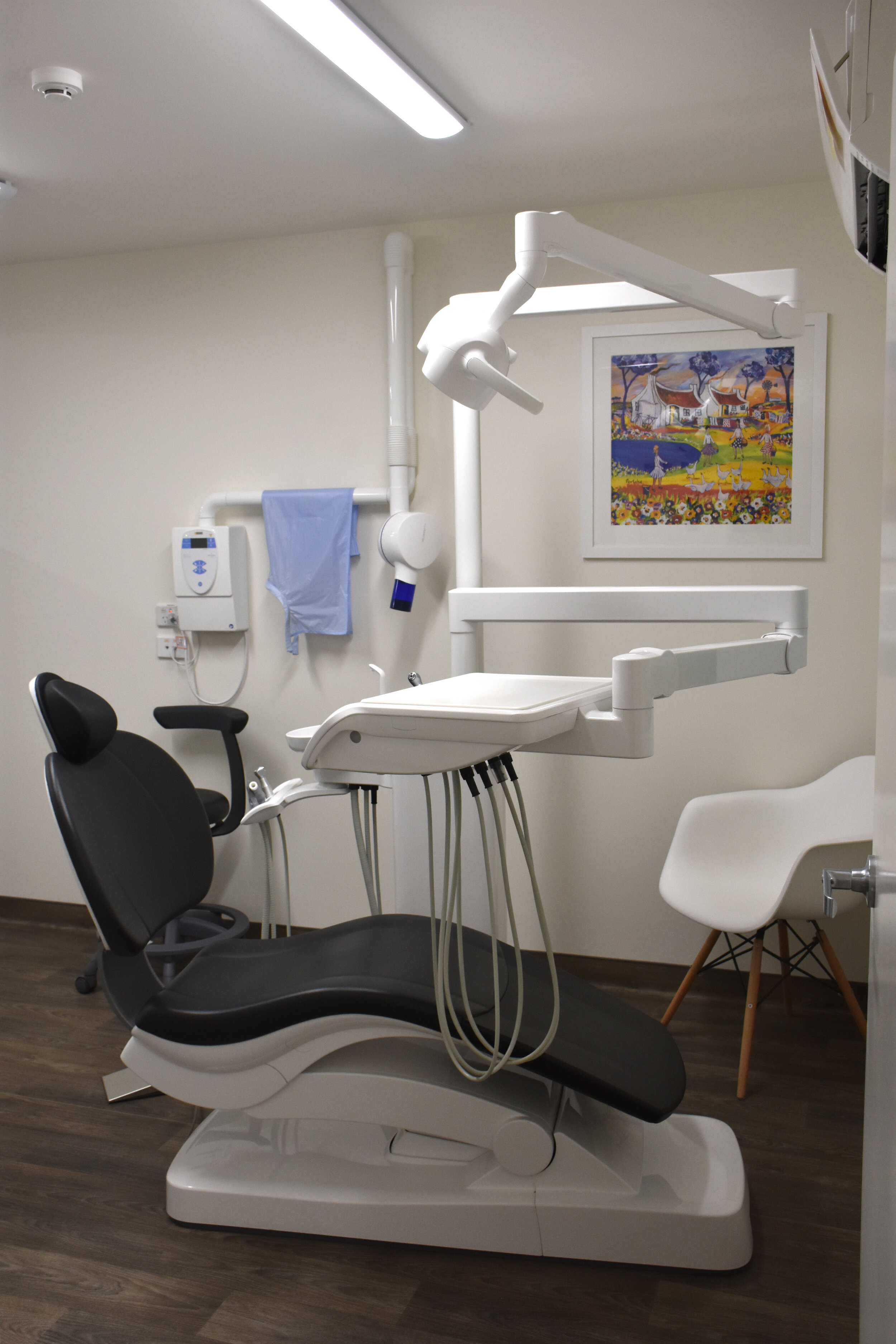
Treatment options for all your Endodontic needs
Our services
Root Canal Treatment
Root canal treatment is a safe and effective way to save a tooth that has an inflamed or infected pulp and root canal system. This process starts by removing all of the nerves within the root canals through a small hole made on the top of the tooth. Files are then used to clean up and shape the root canals before being sealed and restored with a permanent filling material. The root canals are usually medicated for 1-2 weeks before the placement of the final sealant.
Dental Trauma
Traumatic dental injuries can cause damage to the tooth crown, root structure, and surrounding tissues. Treatment of these traumas varies depending on severity; non-invasive cases are treated with simple restoration while more severe ones require endodontics (root canal treatment).
Dental trauma is typically caused by sports activities or car accidents which may also result in loss of teeth requiring implants or prosthetic devices.
Dental trauma needs to be dealt with quickly and may require several visits and long-term monitoring.
Apicectomy (Periapical Surgery)
In some cases where root canal treatment fails and the previous root canal treatment was done to a high standard, or retreatment is not possible, apical surgery may become necessary. Apicectomy involves removing the inflamed or infected tissue around the end of the tooth before removing the end of the root itself. This surgery is generally done under local anesthetic and patients are able to drive home after surgery.
Retreatment
Occasionally a tooth that has undergone root canal treatment fails to heal or remains painful. Sometimes a new problem can emerge from a tooth that was successfully treated in the past. In these cases, retreatment of the root canals is necessary to save the tooth.
This procedure can take longer than the initial treatment, because it involves removal of the restoration and old filling materials, as well as looking for extra canals, inflamed or infected tissue, decay around restorative margins, or cracks that may be causing leakage.
“Thank you so much for my root canal treatments so far Lucy!
Would thoroughly recommend Hauman Endodontics for anyone who is a bit stressy about needles.
The staff made me feel very comfortable (didn’t even bring my headphones the second time round!) and Lucy’s injection work is painless.”
— Liberty Johnson





